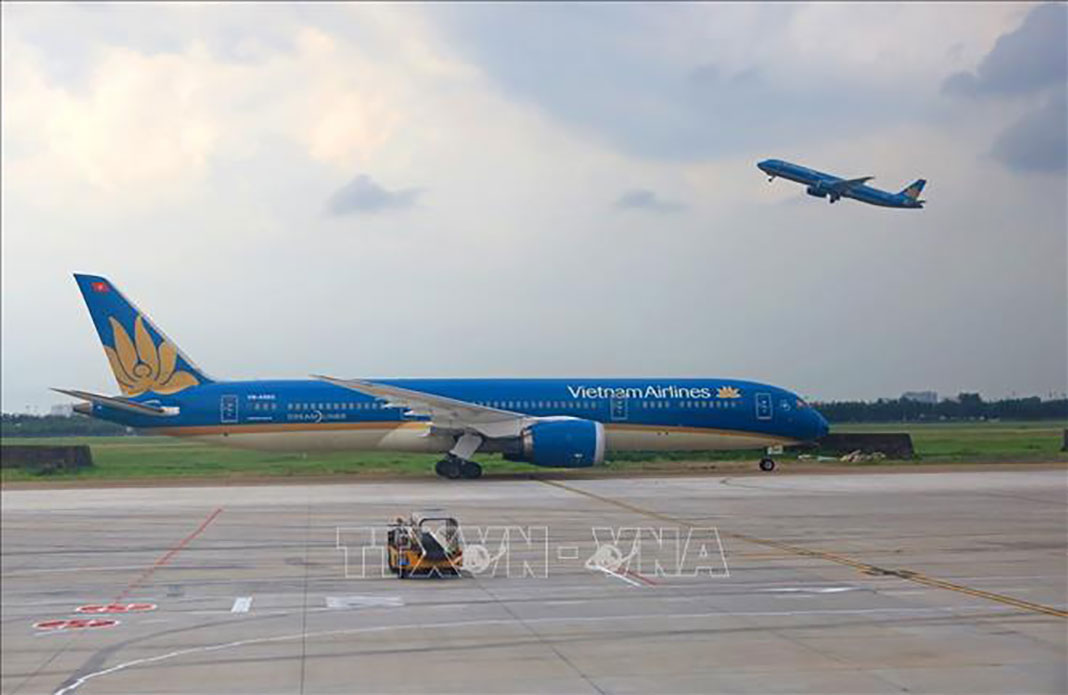HCMC – National flag carrier Vietnam Airlines has affirmed that it is eligible to continue trading its HVN stock on the Hochiminh Stock Exchange (HoSE) after adding nearly VND8 trillion to its charter capital today, September 28.
The amount was brought in after the airline sold nearly 800 million shares to its current shareholders, the local media reported.
Thus, the air carrier’s charter capital has been raised to some VND22.2 trillion.
According to the firm, its financial difficulties have been solved, opening up opportunities for it to continue growing in the future.
At a teleconference on September 26 between the Government and the business community, Vietnam Airlines proposed allowing it to continue trading its HVN shares on HoSE although it could record negative equity in the near future.
Under the Securities Law, a company that has an accumulated loss exceeding its charter capital or records negative equity in the latest annual financial report will face delisting.
In the first half of this year, Vietnam Airlines incurred a consolidated loss of over VND8.4 trillion, raising its accumulated loss to nearly VND17.8 trillion as of June, which exceeded its charter capital and marked negative equity of more than VND2.75 trillion for the first time.
The airline attributed the loss to the Covid-19 pandemic, which has hit the global aviation market.
The Vietnamese aviation sector has almost been frozen and Vietnam Airlines’ loss may continue rising by the end of this month.
Despite Vietnam Airlines’ poor performance since last year, the price of its HVN stock surged to nearly VND34,000 per share in early April, double the price in mid-2020.
Nguyen The Minh, director of the individual customer analysis division at Yuanta Securities Vietnam, said Vietnam Airlines is a special firm as the Government owns over 80% of its charter capital. Therefore, it will not go bankrupt although the accumulated loss exceeds the charter capital.
In addition, its losses were mainly caused by the pandemic, which no enterprise could anticipate. Therefore, the airline may be allowed to continue its listing on HoSE.
Once the local economy recovers, the air carrier may quickly recover its losses.
If HVN is delisted on HoSE, many investment funds would divest from Vietnam Airlines as under the regulations, investment funds are allowed to invest in enterprises trading their shares on HoSE, Minh added. If HVN is traded on the market for unlisted public companies (UPCoM), the airline would find it hard to mobilize capital and issue bonds.
Economic expert Dinh The Hien said though Vietnam Airlines had been heavily impacted by the pandemic, it could recover quickly when domestic air routes are reopened. However, exceptions should not be made on the stock market.
It is normal for HVN to be delisted on HoSE, traded on UPCoM for a period and return to be traded on HoSE after Vietnam Airlines is profitable.
There are also many large enterprises listing their shares on UPCoM. If the Government continues issuing special policies for Vietnam Airlines, foreign investors may not evaluate the firm highly and the Vietnamese stock market as a whole, Hien added.









